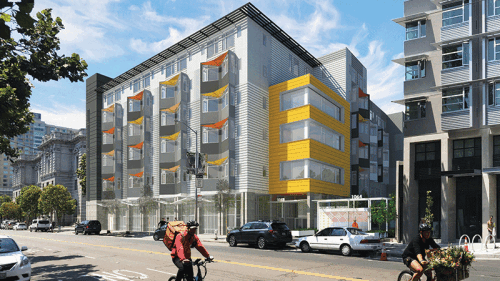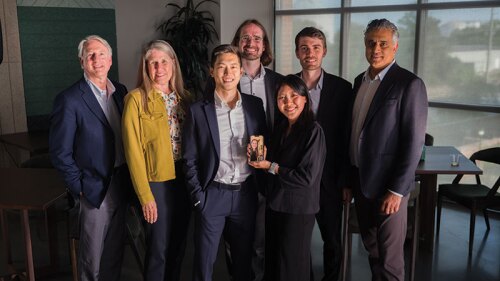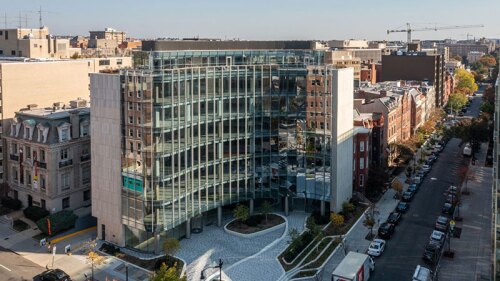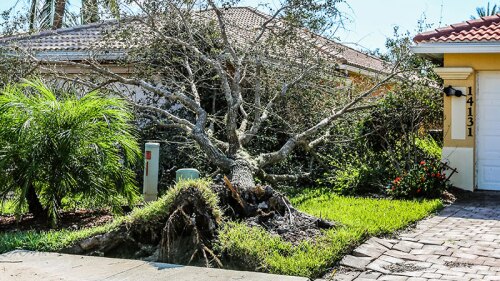Economy, Market & Trends
Experts speak about near-term prospects for development, challenges, and opportunities of obtaining financing in the current economic climate, strategies for balancing the mix of uses, ways mixed-use developments can better support local businesses, and other related trends.
An analysis of hundreds of cities indicates that trips to CBDs in large cities (say, ones above 1.5 million residents) have plateaued around 60 percent of their pre-pandemic levels; smaller towns (for example, ones with fewer than 150,000 residents), in contrast, have fully bounced back.
Savills chairman and CEO demonstrates the interdependence of driving revenue and DEI
A few years ago, veteran multifamily real estate developer and longtime ULI member Preston Butcher was on a street in Mountain View, California, when an unusual sort of housing complex caught his attention. LifeMoves Mountain View was something different, consisting of 100 small, boxy, modular dwellings that provide separate units for single adults, couples, and families experiencing homelessness, as well as support services and case management designed to help the residents eventually regain stability in their lives.
Developers, nonprofits, and advocates for homeless services believe that now is an ideal time to raise awareness of Title V.
Property owners received new protection for their equity from a unanimous Supreme Court decision in the Tyler v. Hennepin County case in May. The decision affirms that owners must be reimbursed for any remaining equity after a property seizure to pay tax debts. The decision is likely to trigger new legislation in numerous states.
Artificial Intelligence, or the general ability of computers to emulate human thought and learning processes and, ultimately, to perform tasks in real-world environments, has grown and evolved significantly in recent years. It’s an empirical fact: in 2022, the global AI market swelled to $136.55 billion, with projections hinting at a surge of $1.8 trillion to $2.6 trillion within the next 10 years.
Many Americans are considered severely rent-burdened, as they spend more than 50 percent of their earnings on housing. For people with disabilities and the elderly, there is a triple whammy—prices are soaring, their incomes are not keeping pace, and only a fraction of housing is built to accommodate those with limited mobility.
“Knot Charleston,” the development plan that earned top honors in this year’s ULI Hines Student Competition for the Americas region, was the product of extensive research, thoughtful design, and close collaboration among the winning team of five Harvard University graduate students.
Any native Angeleno who has walked even a few blocks Downtown can attest to the state of our sidewalks. If we do not invest in the public realm—in our streets, sidewalks, plazas, and parks—then we leave on the table the vital seeds of who it is we can become as a people and as a city.
University of Southern California is one of numerous U.S. colleges and universities that are expanding their presence in cities, sometimes far from their main campuses.
Climate Risk Is Financial Risk: The Ever-Evolving Landscape of Climate-Related Financial Disclosures
In 2021, the International Financial Reporting Standards (IFRS) Foundation—initially responsible for financial accounting standards—established the International Sustainability Standards Board, with the goal of developing universal, global sustainability disclosure rules. These new rules were finally published in June 2023, and go into effect in January 2024.














